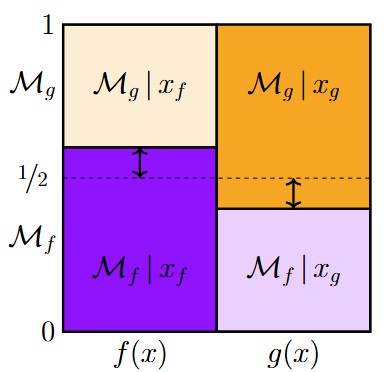František Bartoš recently attended me to a podcast discussing my 3p√n paper (Wagenmakers, 2022). A podcast host and a statistician are discussing the contents of the paper for about 12 minutes; the link to the podcast is here. As I listened to the podcast, a few things stood out:
- The host and the statistician interpreted the contents of the paper completely correctly. Specifically, they nailed the interpretation of the p-value, they accurately described its problems, and they captured the main idea of what the 3p√n was trying to accomplish. They even mentioned Harold Jeffreys prominently.
- The host and the statistician never stumbled or corrected themselves; it was as if the entire text was prepared in advance.
- The production level of the podcast was very high.
Of course, a podcast this good is rarely produced by real people. And indeed, this podcast was generated by a Google AI. František simply uploaded the 3p√n paper and received the blogpost in return. A few tells suggest that the podcast was AI-generated. First, neither the host nor the statistician was named. Second, both host and statistician consistently mispronounced “√n” — the AI apparently lacks the ability to parse mathematical symbols.
Anyway, I was absolutely blown away by the capacity of the AI to generate this podcast. I suspect that podcasts like these might be helpful for teaching, but currently the inability to deal with mathematical symbols is a hurdle that needs to be overcome (at least for methodological work).
References
Wagenmakers, E.-J. (2022). Approximate objective Bayes factors from p-values and sample size: The 3p√n rule. Preprint available on ArXiv: https://psyarxiv.com/egydq; the podcast can be found here.
About The Author

Eric-Jan Wagenmakers
Eric-Jan (EJ) Wagenmakers is professor at the Psychological Methods Group at the University of Amsterdam.



